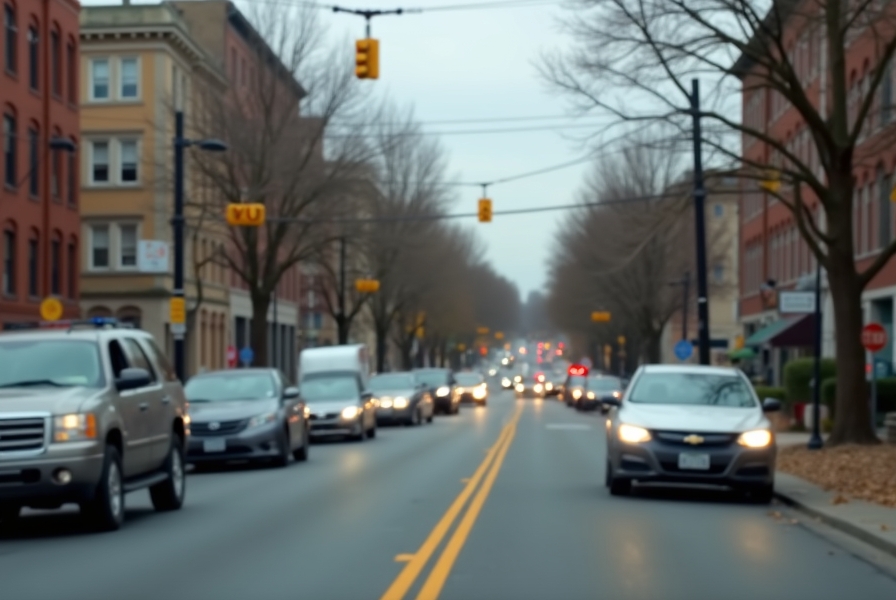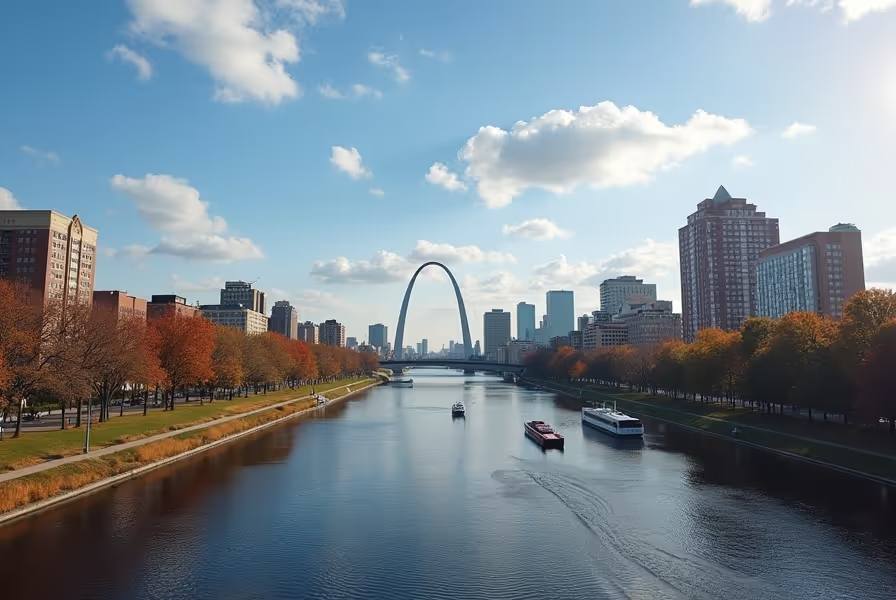Understanding "Stop and Identify" Laws in Virginia
Many people wonder whether Virginia is a "Stop and Identify" state. These laws are important for drivers, pedestrians, and anyone interacting with law enforcement. Knowing your rights during police stops can help you handle situations more confidently and avoid misunderstandings. In this guide, you'll find clear information about Virginia's identification laws, your legal rights, and practical tips for interacting with police officers.
What Does "Stop and Identify" Mean?
"Stop and Identify" laws refer to legal rules that require individuals to provide identification to police when lawfully stopped. These laws vary from state to state. In some states, you must give your name or show ID to police if they have reasonable suspicion of a crime. In others, like Virginia, the laws are more specific and detailed.
- Stop and Identify statutes permit police to demand identification in certain situations.
- Reasonable suspicion is usually required. This means police must have a valid reason to stop someone and question them.
- Laws may differ for drivers and pedestrians.
Virginia's Legal Requirements for Identification
Virginia does not have a broad "Stop and Identify" law like some other states. However, the law does require people to identify themselves under certain circumstances, especially during vehicle stops or lawful detentions.
- If you are operating a motor vehicle, you must show your driver's license or identification when asked by law enforcement.
- Pedestrians are not required to carry ID at all times. You do not have to show or provide identification unless you are suspected of a crime or being lawfully detained.
- If police have reasonable, articulable suspicion that you are involved in criminal activity, you may be required to provide your name or identifying information.
According to Virginia Code § 19.2-82.1, law enforcement can ask for identification if you are suspected of committing a crime. Failing to identify yourself in such circumstances could lead to arrest or further investigation.
How Do Police Stops Work in Virginia?
When police stop you in Virginia, your rights depend on the situation. Understanding these scenarios will help you respond correctly:
- Traffic Stops: Drivers must provide a valid driver's license and vehicle registration. Passengers are not always required to show ID unless police have a reasonable suspicion involving them.
- Pedestrian Stops: If an officer suspects you of criminal activity, they may ask for your name. You are not legally required to show physical identification unless arrested or cited.
- Public Settings: Simply walking or being in public is not a reason to demand identification. Police need more than just curiosity to justify a stop or detention.
It is important to remain respectful, follow legal commands, and clearly state your rights if necessary.
When Are You Required to Show ID in Virginia?
In Virginia, you are required to show identification in these main circumstances:
- Operating a vehicle, motorcycle, or moped on public roads.
- If you are being lawfully detained with reasonable suspicion by law enforcement.
- When lawfully arrested or issued a summons.
If you are not under suspicion or being detained, you may politely decline to provide identification. If unsure, you can ask officers, "Am I being detained or am I free to go?"
Best Practices During Police Stops in Virginia
Stay calm and courteous when interacting with law enforcement. Here are tips to protect your rights and avoid escalation:
- Comply with lawful orders, but you may ask if you are required by law to provide identification.
- Do not argue or resist during the stop. You may contest police actions later in court.
- Ask if you are free to leave if you are not under suspicion.
- Remember your right to remain silent beyond stating your name or showing identification.
- If you feel your rights were violated, record details of the encounter and contact an attorney.
Frequently Asked Questions About Virginia Stop and Identify Laws
Is Virginia a "Stop and Identify" state?
Virginia is not considered a classic "Stop and Identify" state. The law only requires you to provide identification when operating a motor vehicle or when law enforcement has reasonable suspicion of criminal activity.
Do passengers in a vehicle have to show ID to police in Virginia?
Passengers are generally not required to show ID unless law enforcement suspects them of a separate violation or crime. Police may ask, but you can politely ask if you must provide identification by law.
Can police stop and ask for ID for no reason in Virginia?
No. Police must have reasonable suspicion or a lawful reason to stop you and request identification. Random ID checks without cause are not allowed under Virginia law.
What happens if I refuse to show ID in Virginia?
If you are legally required to provide ID, such as during a traffic stop or lawful detention, refusing may result in arrest, citation, or other legal consequences. If you are not legally required, you can refuse identification.
Are there exceptions for minors or non-citizens?
Legal identification requirements apply to everyone, including minors and non-citizens, during lawful stops. Non-citizens should carry legal documents as required by federal law.
Where can I read more about Virginia's identification laws?
You can read more under Virginia Code § 19.2-82.1 and related statutes on official government or legal websites.
Related Search Queries for Virginia Stop and Identify Law
- Do you have to provide ID to police in Virginia?
- Virginia Code stop and identify statute
- Virginia identification laws for pedestrians
- What happens if you refuse to show ID in Virginia?
- Rights during police encounters in Virginia
- Are drivers required to show ID in Virginia?
- Is Virginia a stop and frisk state?
Know Your Rights: Virginia Identification Laws
Understanding your rights in Virginia can make a difference during police encounters. If you are stopped by law enforcement, remember to stay calm, follow the law, and seek legal advice if needed. Knowing what is required can help protect your rights and ensure a smooth experience with law enforcement.









.svg)



